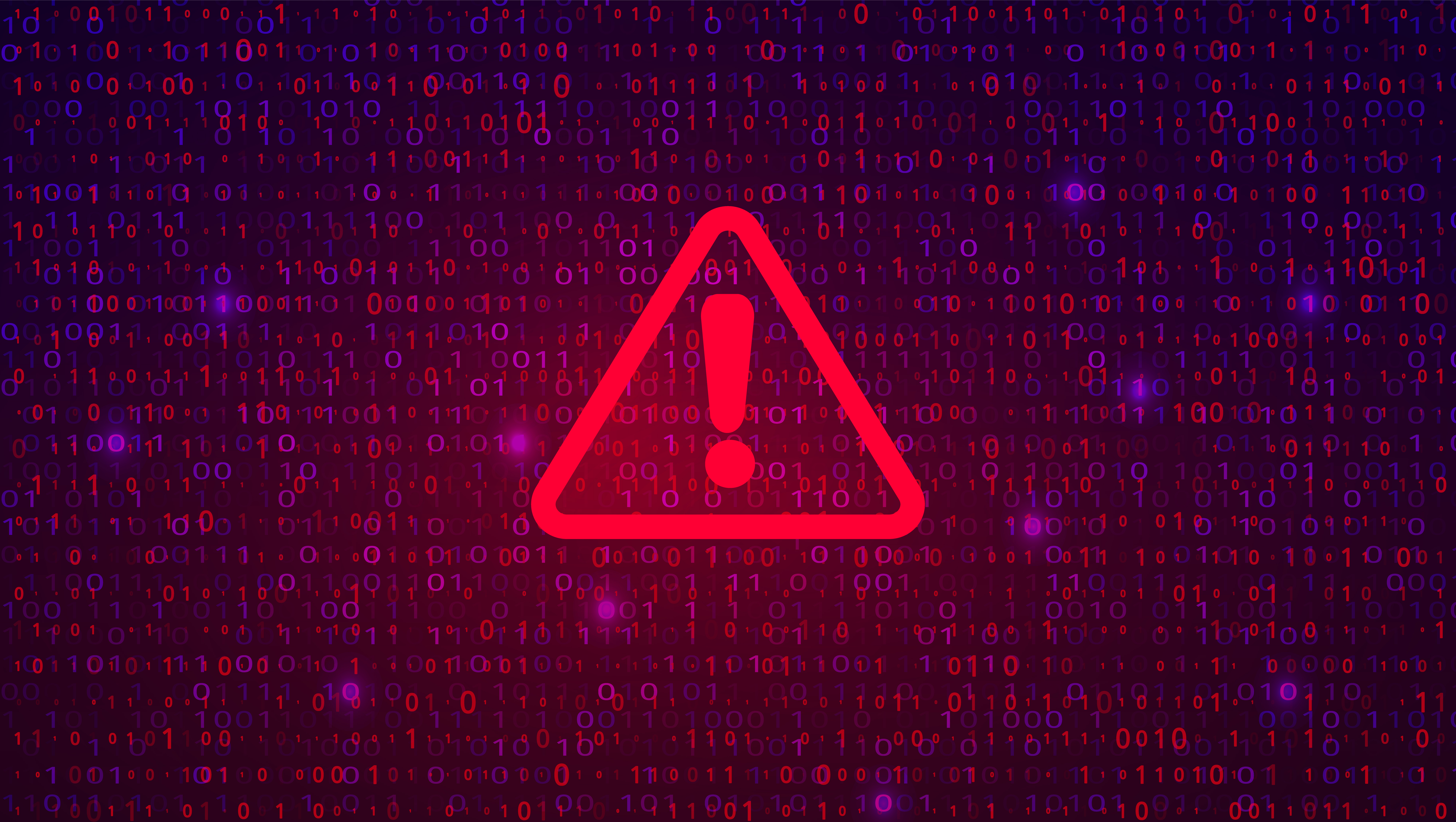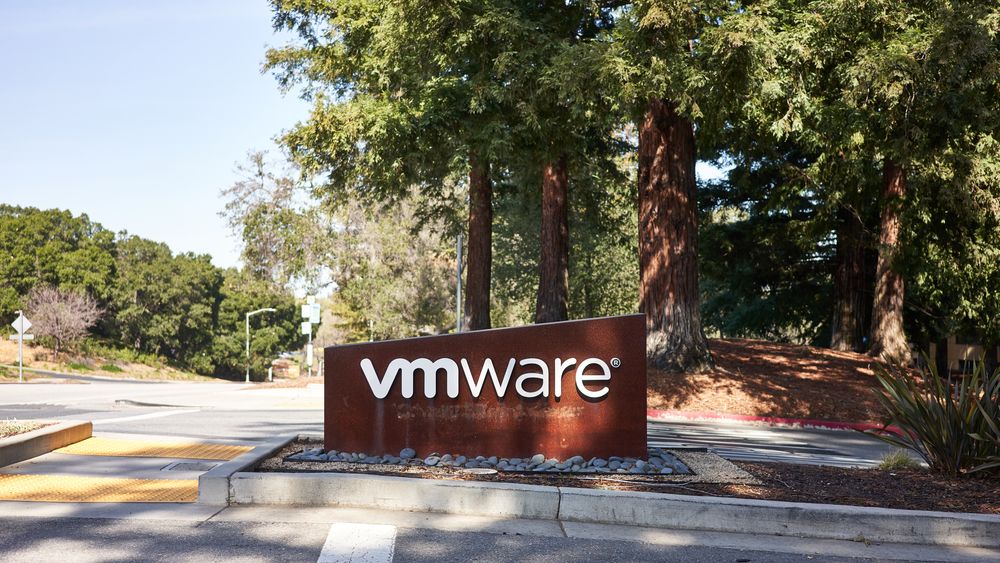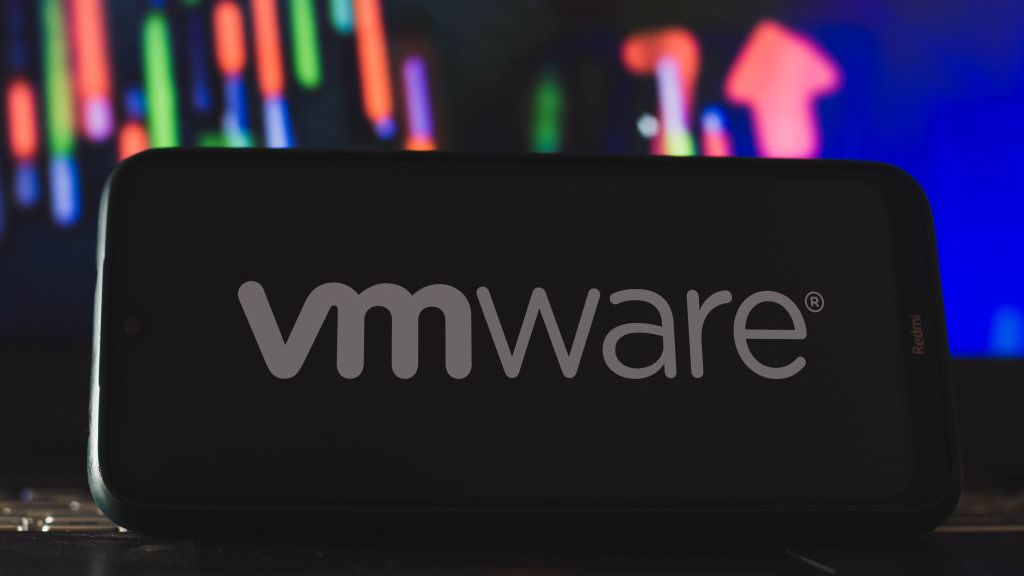VMware patches critical flaws in vRealize AI platform
The two vulnerabilities could have given attackers access to admin credentials and file writing access


VMware has patched a pair of vulnerabilities that could have given attackers access to admin credentials and file writing access.
The company stated that the first vulnerability, CVE-2021-21975, could allow a malicious actor with network access to the vRealize Operations Manager API to perform a Server Side Request Forgery attack to steal admin credentials.
VMware evaluated the danger of the issue and decided it was an “important” severity with a maximum CVSS base score of 8.5. CVSS is an open framework for communicating the characteristics and severity of software vulnerabilities and is marked between 0 and 10, with 10 being critical.
vRealize is the company’s AI-powered platform that delivers “self-driving IT operations management for private, hybrid and multi-cloud environments.”
The second vulnerability, CVE-2021-21983, meant that an authenticated malicious actor with network access to the vRealize Operations Manager API could write files to arbitrary locations on the underlying photon operating system. VMware evaluated the issue to be of an “important” severity as well and gave it a CVSSv3 base score of 7.2.
The company published a security advisory on Tuesday to inform customers of the two vulnerabilities, of which both were reported by Egor Dimitrenko of Positive Technologies. The products impacted are the VMware vRealize Operations, VMware Cloud Foundation and vRealize Suite Lifecycle Manager.
A month ago it emerged that ransomware operators were exploiting VMware ESXi flaws by retooling their strains to exploit vulnerabilities. The flaws, which were patched by the company, included allowing hackers to execute commands on the underlying operating systems that hosts the VCenter Server.
Sign up today and you will receive a free copy of our Future Focus 2025 report - the leading guidance on AI, cybersecurity and other IT challenges as per 700+ senior executives
In February, security researchers warned of two ESXi hypervisor flaws that ransomware gangs were using to encrypt virtual hard drives. Hackers reportedly encrypted 1,000 VMs at Brazil’s Superior Tribunal de Justicia, whereas other victims suffered as their VMs were shut down and datastores encrypted and left with a ransom note.
Zach Marzouk is a former ITPro, CloudPro, and ChannelPro staff writer, covering topics like security, privacy, worker rights, and startups, primarily in the Asia Pacific and the US regions. Zach joined ITPro in 2017 where he was introduced to the world of B2B technology as a junior staff writer, before he returned to Argentina in 2018, working in communications and as a copywriter. In 2021, he made his way back to ITPro as a staff writer during the pandemic, before joining the world of freelance in 2022.
-
 Trump's AI executive order could leave US in a 'regulatory vacuum'
Trump's AI executive order could leave US in a 'regulatory vacuum'News Citing a "patchwork of 50 different regulatory regimes" and "ideological bias", President Trump wants rules to be set at a federal level
-
 TPUs: Google's home advantage
TPUs: Google's home advantageITPro Podcast How does TPU v7 stack up against Nvidia's latest chips – and can Google scale AI using only its own supply?
-
 Broadcom issues urgent alert over three VMware zero-days
Broadcom issues urgent alert over three VMware zero-daysNews The firm says it has information to suggest all three are being exploited in the wild
-
 Threat actors are exploiting a VMware ESXi bug which could be “catastrophic” for affected firms
Threat actors are exploiting a VMware ESXi bug which could be “catastrophic” for affected firmsNews The VMware ESXi hypervisor has become a favorite target in the digital extortion community, according to researchers
-
 Everything you need to know about the VMware vCenter Server vulnerability
Everything you need to know about the VMware vCenter Server vulnerabilityNews A critical flaw in the VMware vCenter Server management software has been exploited in the wild by a Chinese hacking group since late 2021
-
 VMware Aria: CISA warns customers to immediately patch products
VMware Aria: CISA warns customers to immediately patch productsNews The disclosure marks the third critical vulnerability in as many months for VMware
-
 VMware’s ESXi security issues spur new ransomware gang into action
VMware’s ESXi security issues spur new ransomware gang into actionNews The popularity of ESXi combined with a lack of security tools makes it an “attractive target” for threat actors
-
 Warning issued over ransomware attacks targeting VMware ESXi servers globally
Warning issued over ransomware attacks targeting VMware ESXi servers globallyNews Businesses have been urged to patch the two-year-old vulnerability amidst heightened ransomware threats
-
 Linux-based Cheerscrypt ransomware found targeting VMware ESXi servers
Linux-based Cheerscrypt ransomware found targeting VMware ESXi serversNews Cheerscrypt malware could cause severe disruption to companies using the virtualisation software
-
 US security agency issues emergency alert over vulnerable VMware products
US security agency issues emergency alert over vulnerable VMware productsNews A string of actively exploited critical vulnerabilities across five popular VMware products has been described as an "unacceptable risk" to government systems
